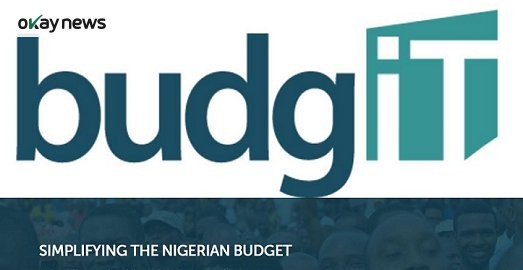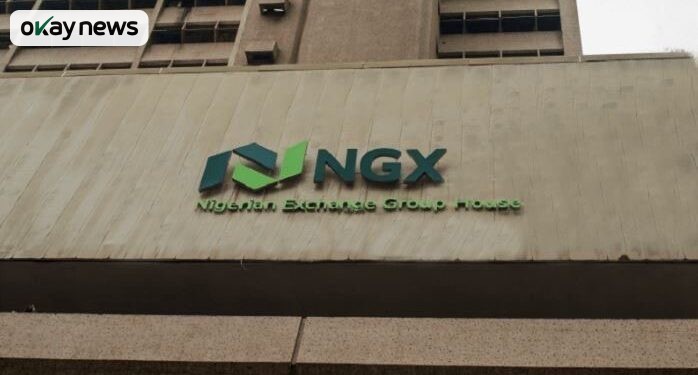States across Nigeria accumulated State Debt Arrears totalling ₦1.06 trillion in 2024 despite receiving unprecedented federal allocations, according to the new State of States report released by BudgIT. Okay News reports that the findings show growing fiscal pressure at the subnational level even as allocations doubled nationwide.
BudgIT’s analysis revealed that State Debt Arrears included ₦434.87 billion owed to contractors and ₦626.81 billion in pension and gratuity obligations. Okay News reports that these arrears remain widespread, with 30 states unable to meet one or both categories of payment by the end of the 2024 fiscal year.
Only Borno, Kano, and Nasarawa recorded zero State Debt Arrears, while Kaduna State ranked as the highest owing entity with a combined ₦139.36 billion. Kaduna’s State Debt Arrears comprised ₦56.07 billion in contractor debts and ₦83.29 billion in unpaid pensions—the largest pension backlog in the country.
Ogun State followed closely with ₦107.18 billion in State Debt Arrears, split between ₦81.54 billion in pension liabilities and ₦25.64 billion owed to contractors. Benue came next with ₦99.68 billion, while Edo and Enugu recorded ₦95.46 billion and ₦90.18 billion, respectively. Okay News reports that these five states are part of the top contributors to the nationwide build-up of arrears.
Together, the 10 worst-affected states accounted for nearly half of the national State Debt Arrears. At the opposite end of the spectrum, Lagos reported only ₦48.74 million in contractor obligations, while Ebonyi recorded ₦88.89 million. Borno, Jigawa, and Katsina also posted some of the lowest arrears.
BudgIT said overall obligations for 35 states—excluding Rivers, which did not publish audited accounts due to a state of emergency—amounted to ₦1.24 trillion. Rivers was left out because its 2024 budget had been nullified and deemed invalid for reporting. Okay News reports that the exclusion highlights wider governance gaps affecting the credibility of subnational fiscal data.
Beyond the core State Debt Arrears, states also owed ₦33.74 billion in salary claims, ₦62.33 billion in judgment debts, and ₦73.25 billion in outstanding liabilities tied to other obligations. Analysts note that many states continue to prioritise recurrent expenditure even amid rising revenues.
Despite receiving ₦11.38 trillion in FAAC allocations—more than double the previous year—BudgIT found that several states failed to reduce State Debt Arrears, partly due to structural fiscal weaknesses and ballooning personnel costs. Okay News reports that the pressure was particularly severe in Kaduna, Benue, Adamawa, and Taraba, where total liabilities exceeded internally generated revenue.
Budget analysts say the persistence of State Debt Arrears poses long-term threats to state-level financial stability and investor confidence. Looking ahead, BudgIT recommends reforms to pension systems, transparency in contract awards, and stricter fiscal discipline to prevent arrears from deepening further.







